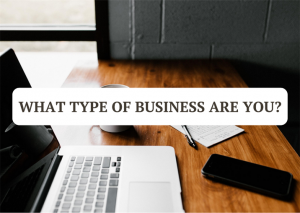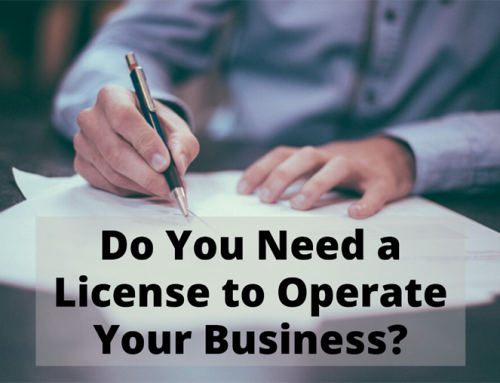Understanding what type of business you have is an important aspect of reaching the right audience, paying your taxes, and marketing and advertising your business. Many different types of businesses are available to choose from. But what type of business are you?
* Home-Based Business – This doesn’t necessary mean you have a super small business; it just means that your operation is run from your home office. You can have many types of business within this category, from a really large business to a small one. Today, due to technology you can outsource distribution, marketing, advertising, and pretty much everything in between.
* Online Business – An online business means that your business exists only online. You may have an office in your home, or you may rent office space, but you usually do not have any physical products and likely deal more with information, digital books and software. An online business can become a multi-million dollar business.
* Information Business – In this type of business you use online and offline methods to distribute the information that you create. You may run ads online, sign up on many different affiliate sites like ClickBank.com, and you may run advertisements in newspapers and ads. Your information can be digital or print. This is a very lucrative business that can earn an enormous amount of money.
* Franchise Business – This type of business can be bricks and mortar but there are also home-based and online franchises that you can buy into. It’s sort of like buying yourself a job that has all the processes and ideas in place. You follow the directions and you can create a very successful business.
* Woman-Owned Business – While there isn’t anything inherently different from a business run by a man over one run by a woman, because women-owned businesses are more rare there are special considerations the government may give you in terms of business loans. If you are a woman-owned business, it’s good to certify yourself as such. Any type of business can be woman owned.
But what it really comes down to is how to choose between these types of business entities.
Read through the following descriptions to help you choose which type of business entity you want to pick. If you’re not sure it’s always best to consult with a professional or your local SCORE chapter.
Link to SCORE – https://www.score.org/
* Sole Proprietor – This is the easiest business format to get involved in. You can start a sole proprietorship today just by saying you are one. There is no special tax information you need; it’s just cash based, money in and money out taxation. When money is earned it’s counted as income, and when money is spent it’s counted as an expense.
You can technically use your social security number but it is highly recommended that you obtain a tax ID number. If you’re in the USA that number is called an EIN or Employer Identification number. The name can be confusing because if you do not plan to have employees you may feel like you can’t or should not get one. But that is not true. Getting an EIN is free, fast, and can save you from identity theft. You can get an EIN online.
Link to EIN – http://www.irs.gov/Businesses/Small-Businesses-&-Self-Employed/Apply-for-an-Employer-Identification-Number-%28EIN%29-Online
* Partnership or LLC – You can start an LLC without having a partnership, but if you are in partnership with anyone you will need to form at least an LLC to protect you both. When you form an LLC it offers some protection against your personal assets being taken if you are sued and can spell out the terms of a partnership.
* INC – If you plan to run a very large business, forming an INC might be for you. But, you’ll be subject to double taxation, the shareholders are owners, and you cannot choose how to be taxed at tax time like with an LLC. This structure is best for large businesses or certain licensed professionals who are not permitted to operate as an LLC.
Understanding what type of business you are is an important component in knowing how you will proceed in any part of your business – whether it is management, taxation, marketing, sales or understanding your audience.






